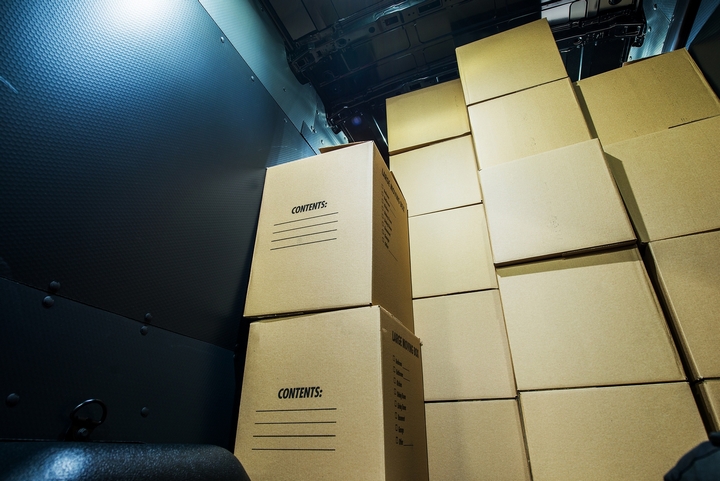Moving from the comfort of your own and known home to a brand new town can fill you with excitement, fear, uncertainty, and eagerness. Picking up the life you’ve settled into and transferring it to another location provides you with several opportunities for rebuilding and rebranding, giving you plenty of freedom to transform the life you are currently living.
Since this scope for change is massive, moving could also create a lot of stress. Figuring out the logistics of it all, more specifically, may leave you feeling burdened and confused. By not overlooking important and practical aspects of the process by planning and prepping, you can avoid issues and smoothen the process.
From researching your new location to organizing your belongings to figuring out how to physically make a move, we’ve got you covered on the steps you should be taking. So leave all that stress behind in your old place and read on to find out what to do before moving.
1. Research your new location

Researching the new location is an important step before moving as it allows you to familiarise yourself with your new surroundings and make informed decisions.
Take some time to explore the neighbourhood, local amenities, and nearby facilities such as schools, healthcare providers, and grocery stores. You should also learn about the public transportation options nearby, parks and other recreational areas to relax, and the general cost of living.
By gaining a better understanding of the community which will be surrounding you, you will be able to better adapt and plan for your convenience. Furthermore, it will make your move less jarring as you will be aware of any major changes that are not currently in the area where you live.
2. Use storage containers

Storage containers can be an incredibly valuable asset during the moving process, especially if you need temporary storage for your belongings. They offer convenience, flexibility, and security, allowing you to store your items safely until you can move them into your new home.
Furthermore, they come in varying sizes, allowing you to fit smaller and much larger items, such as your furniture. Not only can they hold mass amounts of household items, but they also keep them safe and sound during the move. Your furniture and other items can avoid damage when placed and transported correctly!
3. Create a timeline

Now that you’ve researched your to-be location, you could start curating a moving timeline. Creating a comprehensive moving timeline is essential for effective organization and smooth execution of tasks. The timeline acts as your roadmap, providing a clear overview of what needs to be accomplished each week leading up to your moving day. You can avoid last-minute rush and minimize stress by breaking down the process into manageable steps.
It is also crucial not to leave this up until the last second but rather begin planning weeks or months.
Figure out when you would like to start boxing up certain items. It may make sense to begin packing away things you do not use much first to get them out of the way. As the workweek progresses, pack away more and more of your belongings until they are ready to be transported!
You should also manage what will be happening with your current house. For instance, if you rent it, ensure your landlord knows about your departure.
4. Budgeting

Budgeting is a key aspect of the moving process. It helps you manage your expenses and avoid financial distress. Creating a budget for your move lets you understand your financial situation and make informed decisions.
Set an overall budget that you are willing to spend. Proceed to decide the approximate amounts of money you would be potentially spending on moving companies, decore, and so on, and try to stick to it when it comes to spending it!
5. Research moving companies

Finalizing a moving company also takes quite a bit of research. You want to ensure they are reputable companies that will keep your belongings safe during the move. Do this a few weeks in advance so you can give yourself ample time to explore different options, and rest assured that you have a company booked and ready for the move.
Ask friends, family, or colleagues for recommendations for moving companies with which they have used and had positive experiences. Personal referrals can provide valuable insights and help you narrow down your options.
You should then contact moving companies to request quotes for their services. Select the best option while keeping quality and price in mind!
6. Transfer services

Another important step when moving that some may forget is to contact companies sending you their services and have them redirected to your new address. We recommend noting this down in your calendar or reminders so you don’t forget to do it when the time comes. This is especially important if you are getting sent any important mail!









